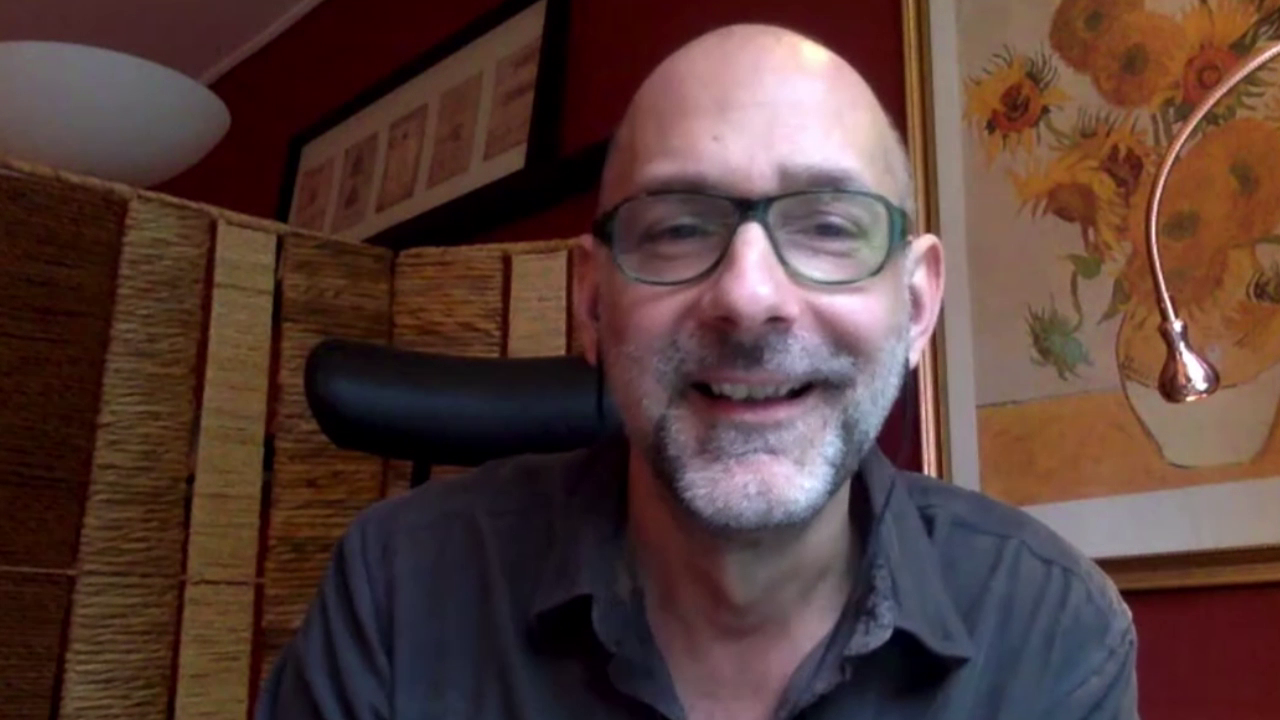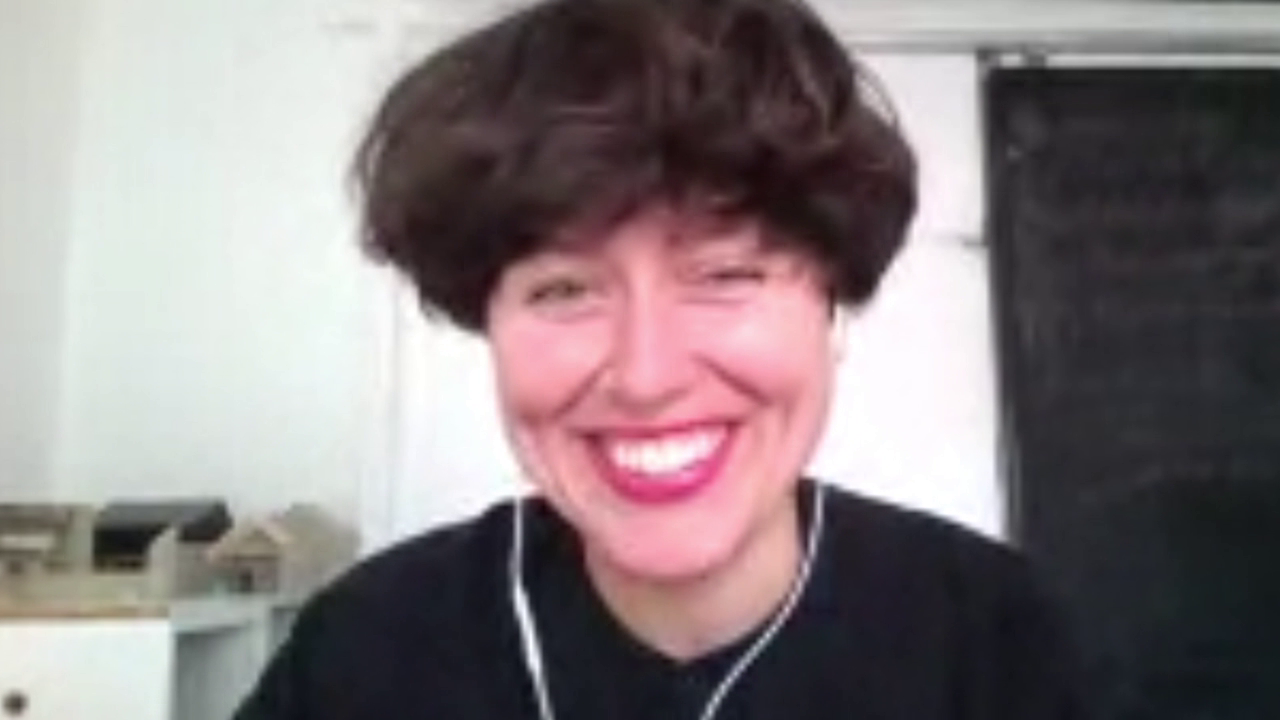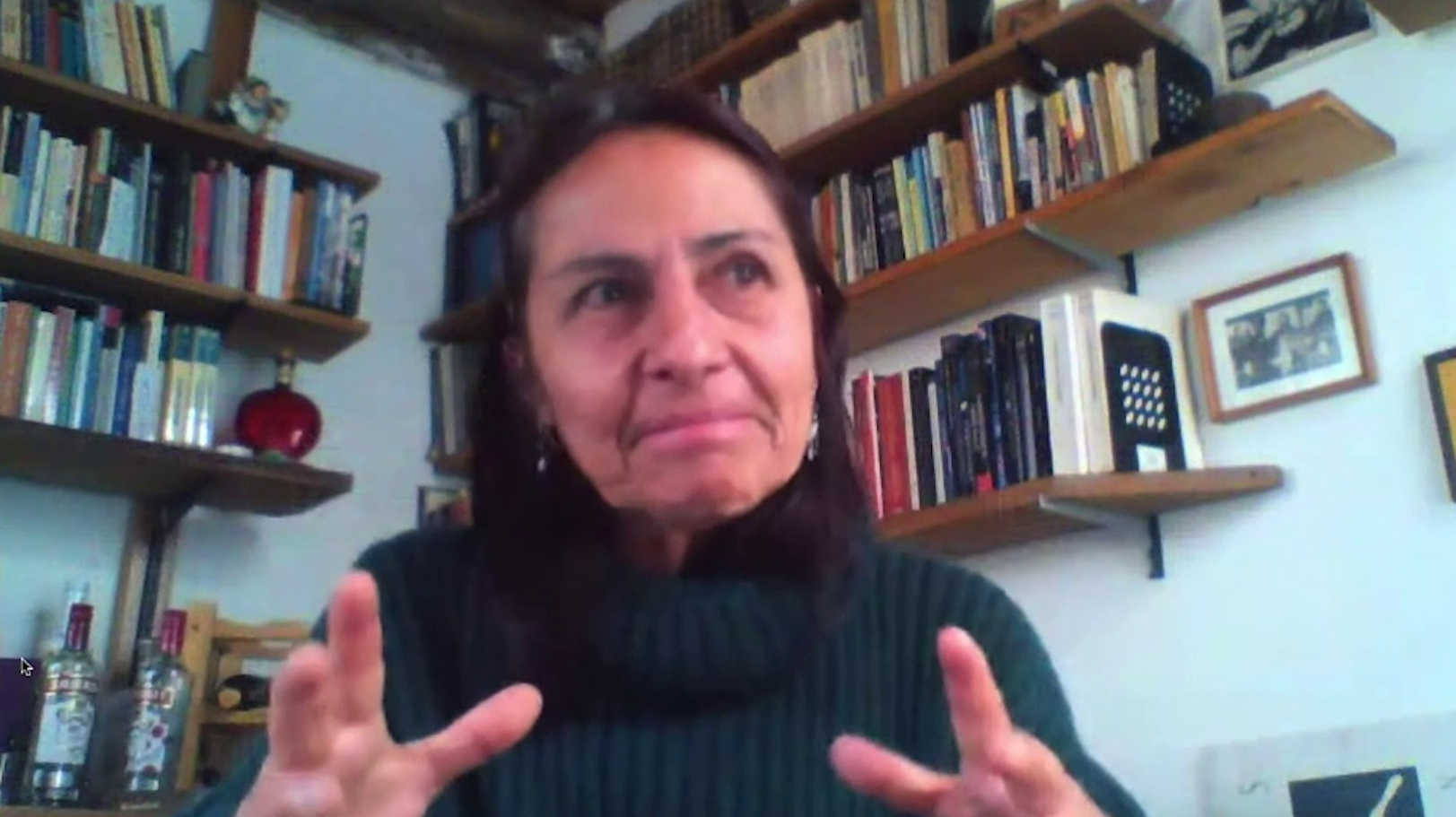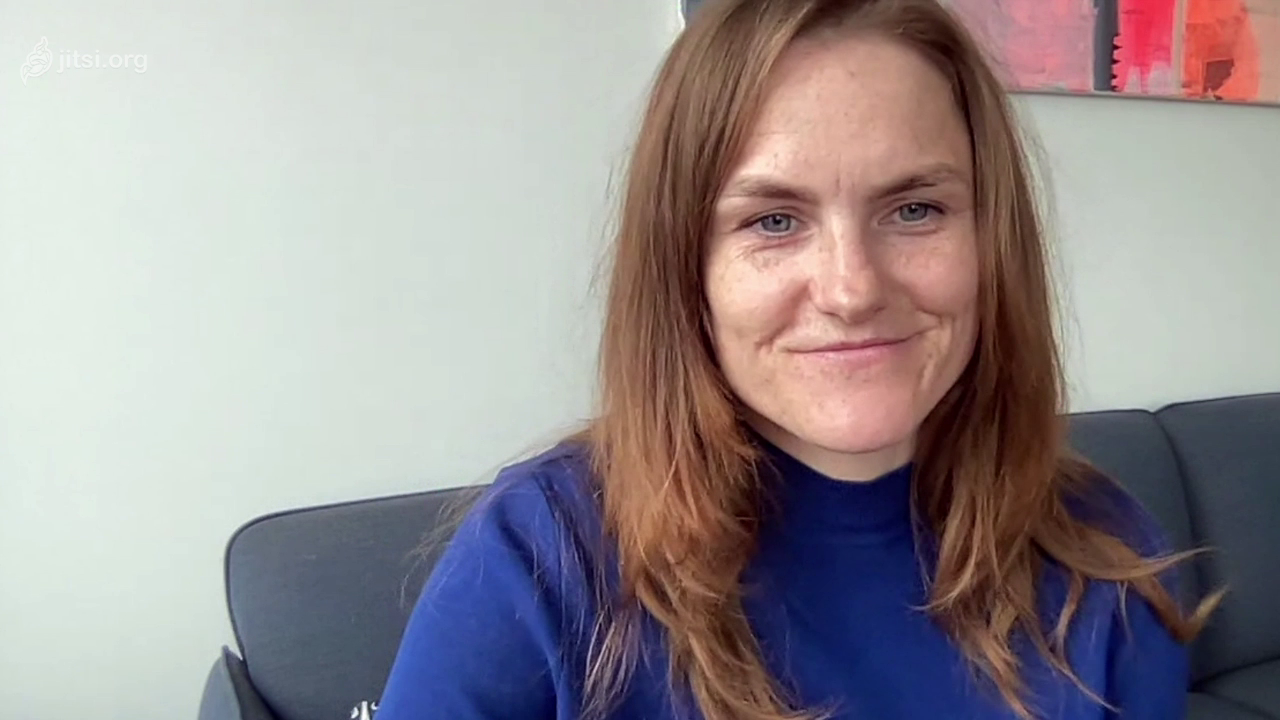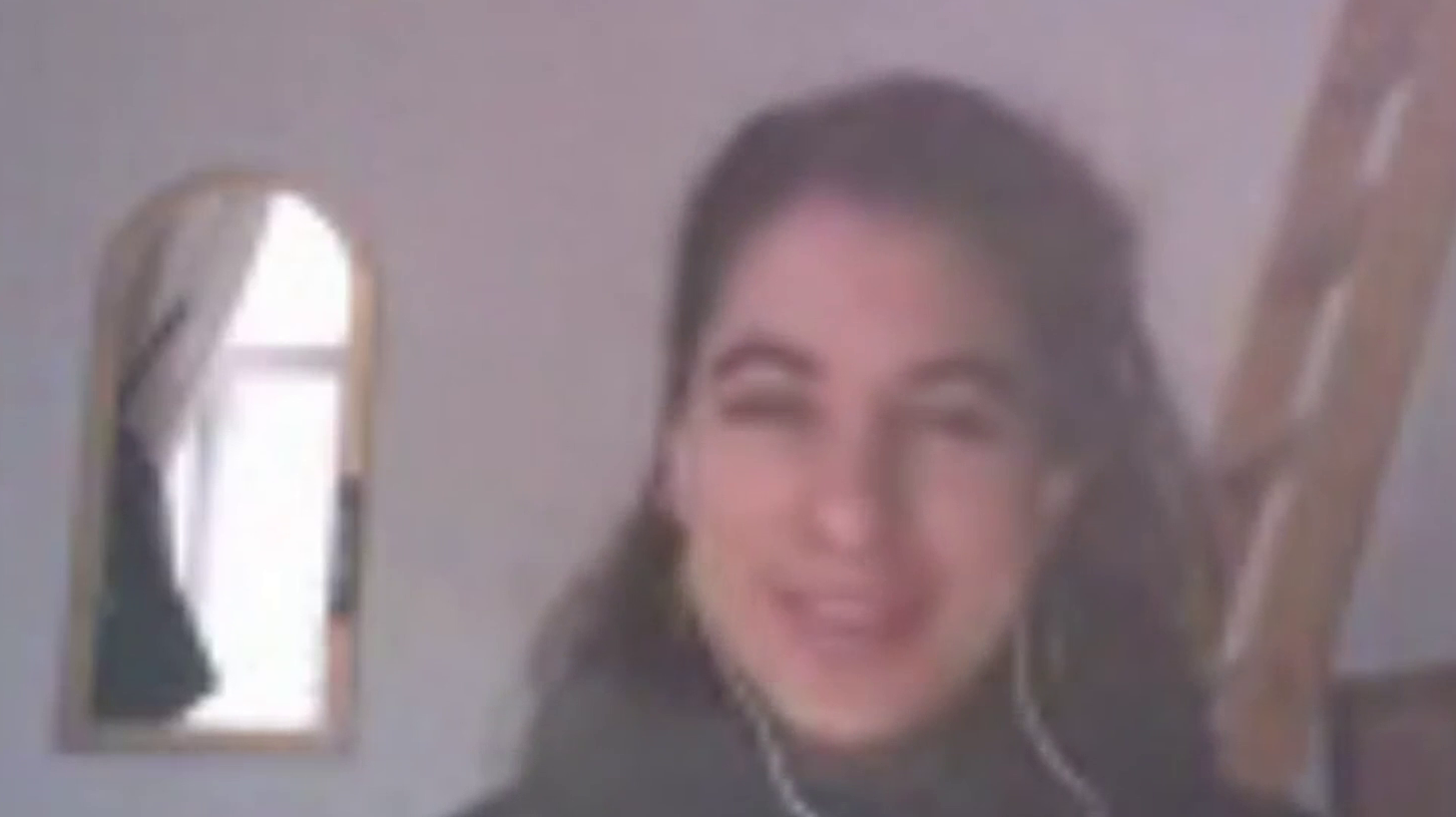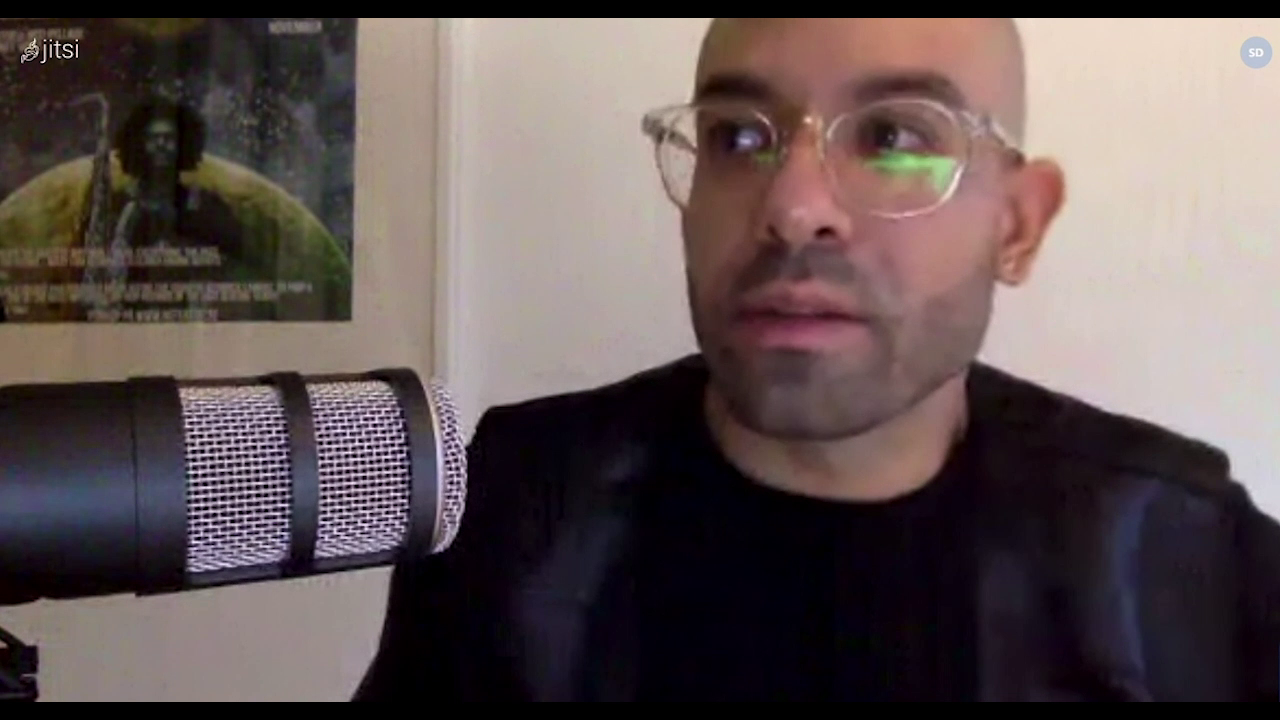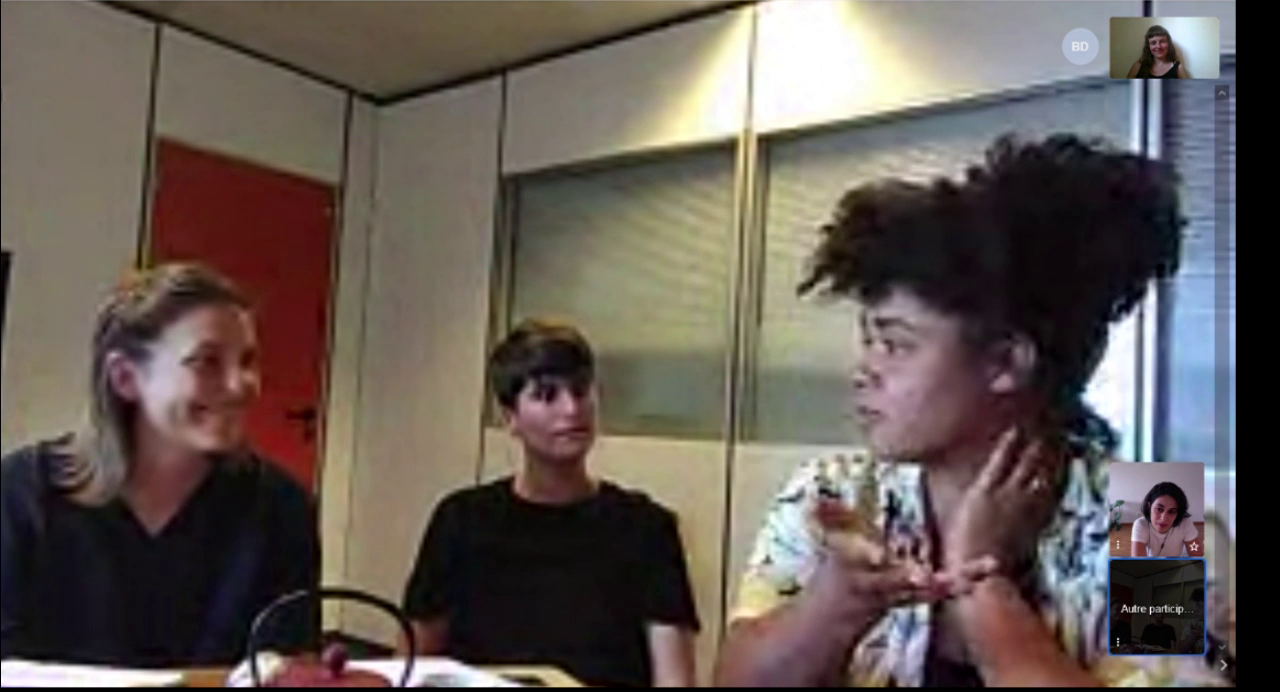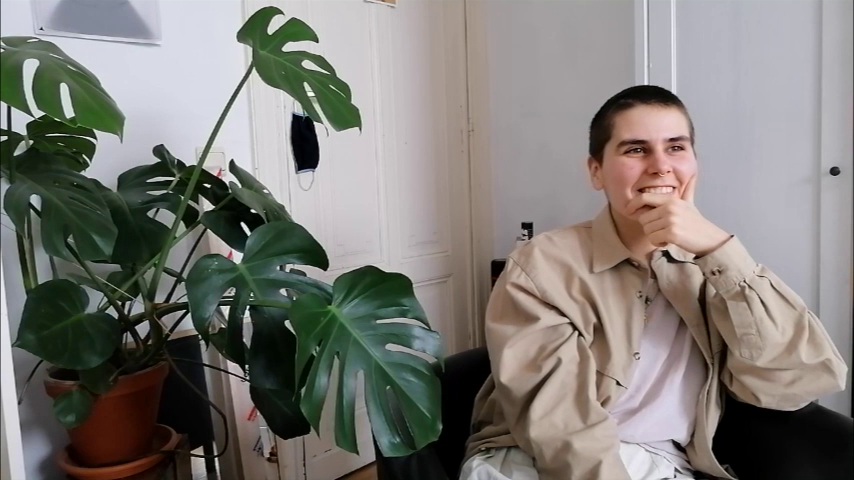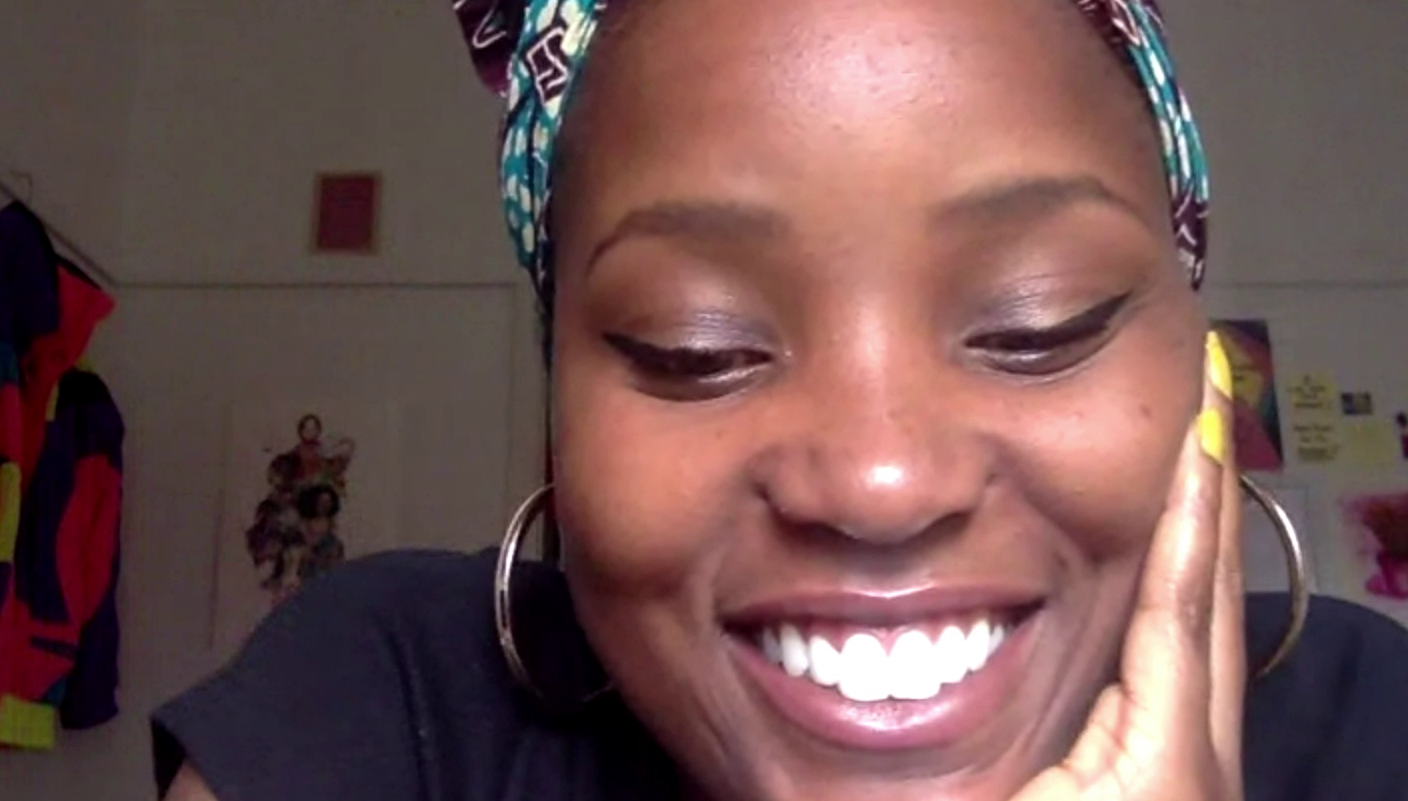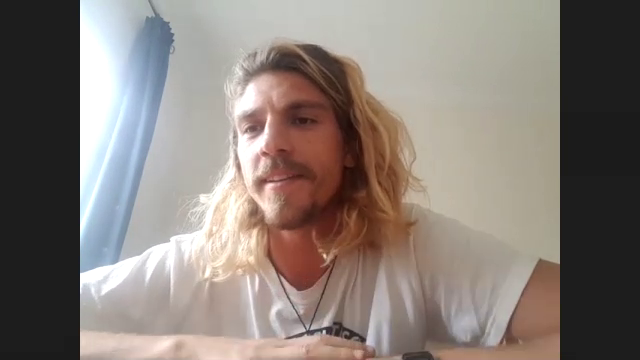Intro
One concern of the Teaching to Transgress Toolbox programme was to question the notion of neutrality in the classroom. To do this, a working group with members from the participating art schools formed that collected and documented different people's thoughts and perspectives on the idea of “neutrality” in the context of education and academia. These interviews critically discuss the history of university institutions and the racist, patriarchal, ableist, etc. foundations on which they were built, and expose how this continues to shape the institutions today – for example, through structural exclusions from the institutions, the hegemony of certain areas of knowledge, and much more. At the same time, the idea(l) of a “neutral” teacher is also questioned, as is the matter of how it can be re-thought with an awareness of various structures of inequality, different positionalities within those, and inherent bias.
The interviews and transcripts are free to use for any non-commercial activity, and we hope they can be a valuable resource for educators, both in their teaching and self-reflection.
See more about How this material can be used below.
Who we are and what's our motivation
We are a small group of female-identifying and partly queer people who grew up in rural Southern Europe and cities in Germany and Peru. Some of us have lived in precarious conditions, others describe themselves as (upper) middle-class. We currently live in France, Germany and Sweden and went to art schools there.
As (former) students, people engaged in power-critical politics, and educators in (in-/)formal settings ourselves, we were interested in creating material that would help deconstruct the idea of “neutrality”. While we believe that the call for “neutrality” can be based on a liberal understanding and (naive) call for non-discriminatory treatment for everybody, it doesn't take into account the power structures present in all relationships. On the contrary, the idea of neutrality has been actively weaponized against movements for social justice. Examples of this include far-right, antisemitic, racist speakers' “right” to present at universities being defended on the grounds of academic freedom 1, or teachers failing to dismantle oppressive power structures in their classroom in favour of appearing “neutral” 2. These experiences, among others, are our starting point and motivation for this project.
Who we talked to and why
Since power plays a central role when discussing “neutrality,” it was important to us to centre the perspectives of people affected by e.g. racism, classism, (hetero-/cis-)sexism and ableism in the project. (To read more on how we fell short on this in many ways see Limitations of the project below). This was not only to try to counter the over-and under-representation of certain positions but out of an understanding that first-person experience is knowledge and expertise that cannot easily be substituted by intellectual study. Therefore, we thought it especially relevant to explore the topic of “neutrality” through intersectional, power-critical lenses. One view that we share with almost all our interviewees is the idea that no one can look at any topic through an “objective” or “neutral” lens 3. Instead of aiming for a detached perspective, we believe that perspectives from people involved in a topic are relevant and valuable, and transparency about the position one speaks from 4 is a better approach than that of a “neutral,” detached observer.
See Who we are and what's our motivation to read more about our own position.
Interviews
In alphabetical order
english
Adrián Groglopo is a lecturer at Gothenburg University and is involved in multiple projects around decolonial critique and anti-racism in academia.
- neutrality
- power
- objectivity
- eurocentrism
- academic freedom
- far-right
- liberalism
- structural violence
- (neo-)colonialism
english
Agnieszka Bułacik works in anti-discrimination education in the cultural/arts field and is herself an art school graduate.
- (un/)safe environments
- authority
- speaking in class
- invisible norms
- ideology vs “neutrality”
- curriculum
- academic referencing
- language
- capitalism
- class
- Paulo Freire
spanish
Cecilia Eguiluz is an educator working with an intercultural, inclusive and environmental approach in Peru.
- alternative education
- syllabus
- language
- invisibilization
- Quechua
- economy
- western values
- ancestral knowledge
- oral tradition
- interculturalism
- colonialism
- patriarchy
Cesy Leonard is the co-founder of Radikale Töchter (Radical Daughters), which use playful methods and (action) art for political education workshops with young people in Berlin.
- teachers as referees
- "radically democratic"
- code of conduct
- speaking in class
- group dynamics
- authenticity
- far-right
- limits
- empathy
- holding space
spanish
Costanza Rossi works on multiple projects reflecting the architecture profession from a feminist and non-Western perspective.
- Cultural Institutions
- architecture
- feminist living formats
- communities
- South America
- Academia
- unlearning
- commons
spanish
Daniel Terres is the co-founder of a podcast about structural racism in Sweden and is in charge of a large art museum's urban activities.
- public space
- aesthetic censure
- free speech
- segregation
- ethnicity and class
- inclusive policies
- structural racism
- identity crisis
- supremacy
- integration
- far-right
- Paulo Freire
- hypocricy
english
Just for the Record research how gender is represented via new publishing tools like Wikipedia, and what influence this has on how history is recorded.
- cyberfeminism
- neutral information
- objectivity
- Wikipedia
- knowledge production
- language
- oral history
- diversity
- archives
- transparency
french
Nino André is a recently graduated performance artist whose work addresses (among other things) power structures in art schools.
- neutrality
- language
- vulnerability
- mental health
- white cube
- education system
- teachers
- institutional violence
- religion
- adaptation
- class dynamics
- life after school
english
Nontokozo Tshabalala is a South African-born multidisciplinary artist currently living in Sweden.
- political awareness
- colonial continuities
- decolonizing
- hypocrisy
- integration
- identity crisis
- alternative spaces
- racism in class
- white fragility
- self-reflection
english
Richard Dietrich has been organizing with the anti-classist student self-organization FiKuS in Münster, Germany for many years.
- classist school
- “extreme left”
- democracy
- social inequality
- Bourdieu
- working class lobby
- ideology
- economics
- access
- Nazi history
- bureaucracy
- neoliberalism
- shame
- social mirror
- representation
- identification
How this can be used
The videotaped interviews can be used as a resource in formal and informal educational settings to help unpack and deconstruct the idea of “neutrality” collectively. They serve as a tool for critical (self-)reflection from the position of teachers and people in institutional positions of power on the dangers and harm of trying to be "neutral". Many of the interviewees offer inspiration for alternative frameworks that take into account different positionalities, lived experiences, biases and structures of inequality.
We also designed workshops based on this material trying to invite and include different perspectives. The workshops are developed for groups with a mix of academic positions (students, alumni, teachers) and experiment with multi-lingual settings (English-French-Spanish). The workshops’ aim was to collect and share different experiences and impacts of the idea of "neutral" education from various contexts. This array of local perspectives formed the base of a wider understanding of the politics and policies that govern many of the institutions and schools we inhabit.
See workshop outlines:
Workshop I, at Villa Arson
and
Workshop II, Radical Inclusivity, at PCA Paris
Limitations of the project
Our objective was to centre the perspectives of people who know from experience the specific ways in which oppressive power structures shape academia and education (see Who we talked to and why). We are, however, aware that many perspectives are still missing from this project. And while of course no one can (or should) represent any of the heterogeneous communities they may be part of, we are missing – just to name a few – any positions from Jewish people, deaf/Deaf people, people from the disability communities, Indigenous people, people from countries in Asia and francophone Africa, and people from many intersections of those (e.g. QTBIPoC). We want to acknowledge that, as a result, there are many relevant aspects to the “neutrality” topic that the project doesn't cover or touch. Of course the number of interviews we were able to realize within the project’s time and scope were limited, but specific factors like the (mostly Western/colonial) languages we speak are key limitations, as well as the communities we ourselves are part of or close enough to reach out to.
Everyone who contributed agreed to do so without financial compensation at the time. This also limits the project’s perspectives, as not everyone can afford to contribute for free, and some for valid reasons chose not to. We later asked and received some budget from the TTTToolbox project grant (Erasmus+) to financially compensate interviewees. It was important to us to try not to reproduce the kind of exploitative dynamics that happen in the name of “progressive” projects conducted from a place of privilege but dependent on knowledge and perspectives that are structurally underrecognized and often unpaid. Whether this makes the relationships reciprocal is not for us to say. The aim was to channel some money from large institutions we, in this case, had access to, towards on-the-ground activists and groups from places where, all too often, work, knowledge and experience is extracted without fair compensation. Hopefully, this can be a small step in the direction of practising reciprocity and solidarity with the (queer-)feminist, anti-racist, decolonial, anti-classist and disability justice movements we all need.
-
See, for example, the interviews with Adrián Groglopo or Daniel Terres for more context on the idea of “academic freedom” being used by far-right forces. ↩
-
See, for example, the interviews with Nontokozo Tshabalala or Cesy Leonard for more context around the need for teachers to take a clear position in the face of discrimination, instead of being “neutral”. ↩
-
See, for example, the interviews with Just for the Record, Nontokozo Tshabalala or Adrián Groglopo on deconstructing the idea of “neutrality” through an analysis of personal bias. ↩
-
see, for example, Donna Haraway's “Situated Knowledges”. ↩
